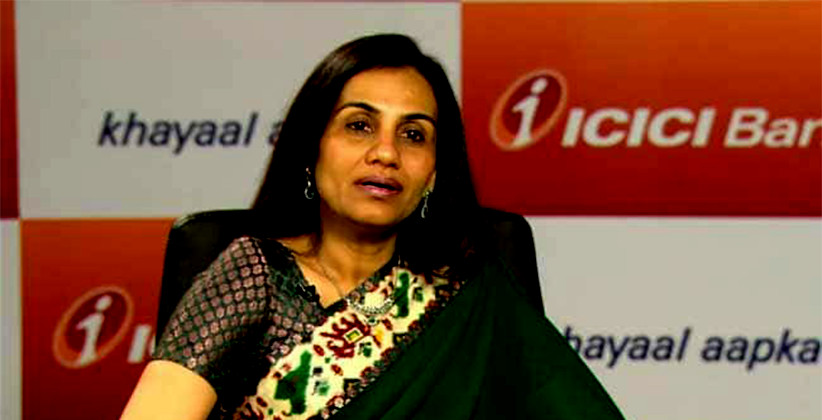The concept of a media trial is not unknown to mankind. One such instance of an attempt to hold a media trial has surfaced recently in the case of a former MD and CEO of the ICICI Bank namely, Chanda Kochhar who is being investigated by the CBI and ED for allegedly sanctioning a loan for approximately INR 1800 crores in the favour of Videocon Group during her tenure in office from June, 2009 to October, 2011.
Justice Sandeep Garg, Additional District Judge, Delhi passed an order on November 23, 2019, staying the release of the biopic thereby restraining the makers from screening or marketing the film in any form and prohibited the use of Chanda Kochhars name directly or indirectly. The Court held that, The contents of the film have the potential to prejudicially affect the reputation of the plaintiff in public. The next hearing is scheduled on November 26, 2019.
Chanda Kochhar filed an application in the Court objecting to the very title of the movie called Chanda: A Signature that Ruined a Career alleging defamation and an attempt to vilify her character by the makers of the film namely Manoj Nandwana, S. Akhileswaran (Producers) and Ajay Singh (Director). The film was to be screened for the first time at the Goa Film Festival on November 28, 2019.
Since coverage by media has the potential of shaping up public opinion in relation to social and political issues, a trial by media is not only problematic but goes against the very tenets of the rules of natural justice specifically, audi alterum partem or the right to a fair hearing. Moreover, a trial unhindered by extraordinary pressures or external constraints is the fundamental element of justice in India. While a fair criticism on the merits of the case or an unbiased reporting of a judgment does not lead to contempt but any publication which tends to interfere with or obstruct the course of justice in connection with any civil or criminal proceeding pending at that time of publication, will be held to be liable for contempt of court under the Contempt of Courts Act, 1971.
The Supreme Court in the case of R. Rajagopal v. State of Tamil Nadu (1994) 6 SCC 632 held that, The right to privacy is implicit in the right to life and liberty guaranteed to the citizens of this country by Article 21. It is a "right to be let alone". A citizen has a right to safeguard the privacy of his own, his family, marriage, procreation, motherhood, child-bearing and education among other matters. None can publish anything concerning the above matters without his consent whether truthful or otherwise and whether laudatory or critical. If he does so, he would be violating the right to privacy of the person concerned and would be liable in an action for damages.
The petitioners have a right to publish, what they allege to be the life story/autobiography of Auto Shankar insofar as it appears from the public records, even without his consent or authorisation. But if they go beyond that and publish his life story, they may be invading his right to privacy and will be liable for the consequences in accordance with law.







